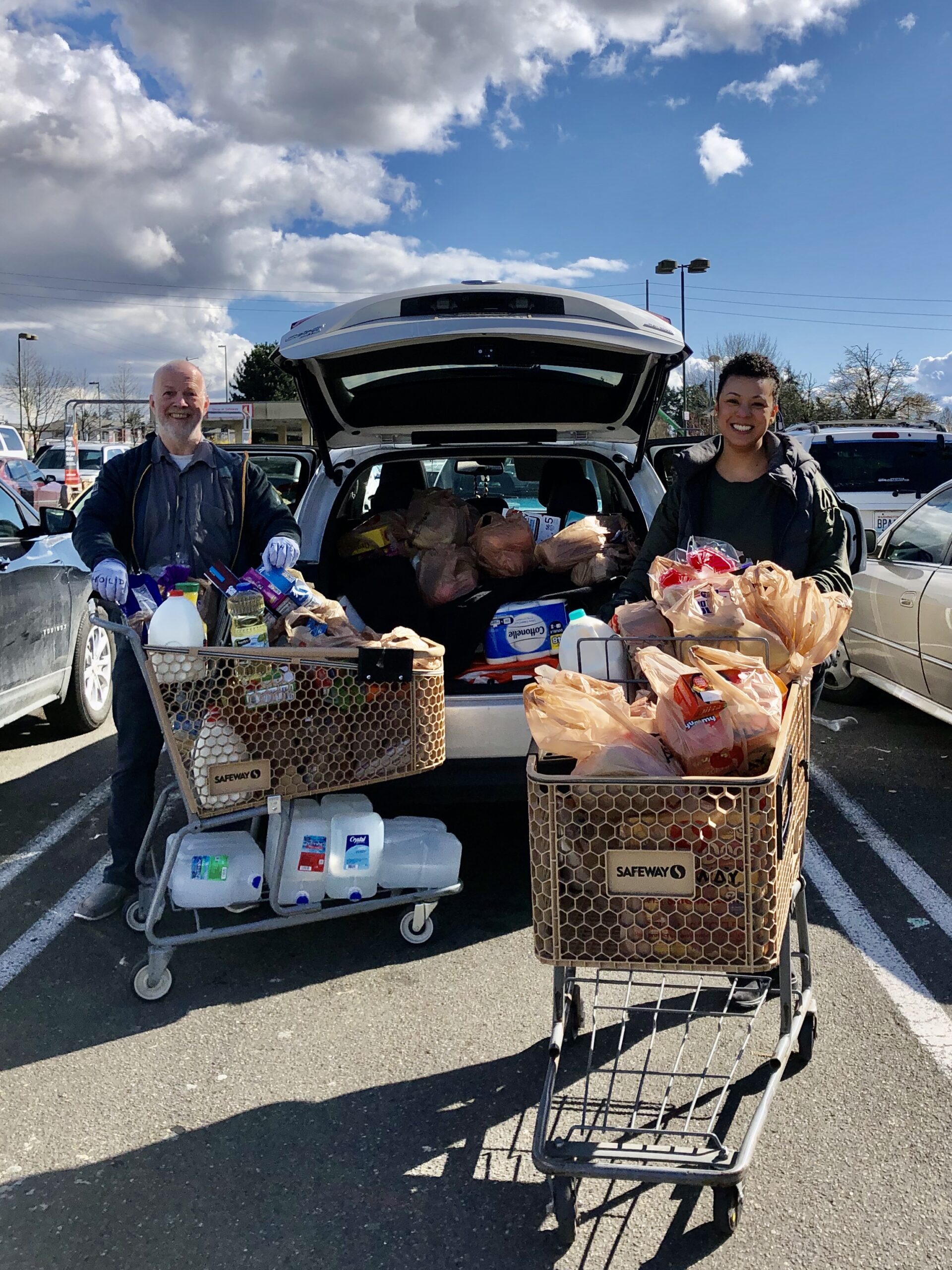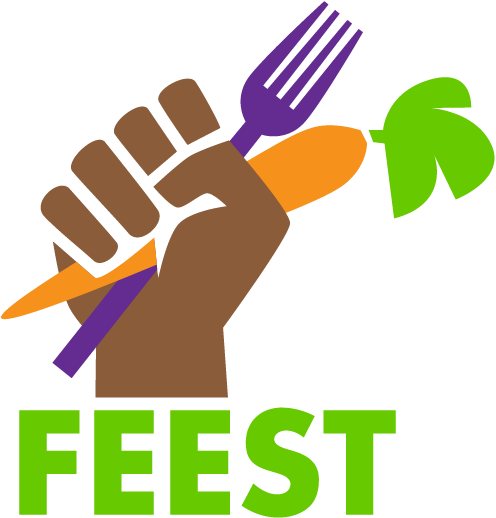Maybe you’ve heard the term “food desert” in reference to neighborhoods with limited access to grocery stores and fresh, healthy food. Some of our own communities have been labeled that way. In many low income neighborhoods and communities of color, gas stations and fast food restaurants are everywhere, but fresh, nutritious food options are either nonexistent, too far away, or too expensive for families to afford.
This week, FEEST youth leaders reflected on the resources available in their communities, the disparities they see, and why.
“If you manage to find grocery stores they’re usually expensive.” — Ariel
Calling it a desert implies that it’s something natural like an ecosystem. But having unequal access to healthy food isn’t natural, or even an accident. It’s part of a system of discrimination called “food apartheid.” Food apartheid creates segregated cities where some neighborhoods have food abundance, and others, usually communities of color, have food scarcity. This is a systemic problem that is deeply rooted in racism.
“The more north you go, you get Whole Foods and those kinds of stores. There are fresh resources, but they’re divided. And we all know who gets the most resources.” — Rashaun
All students deserve to have access to fresh, hot, nutritious, and culturally relevant meals whenever they need them. Unfortunately, we are seeing a continuing trend of the devaluing of student health and a push to dump highly processed food into poorer communities.
Food justice is the antidote, and youth leaders at FEEST are envisioning a better world. Shifting our language from “food desert” to “food apartheid” makes clear that what’s happening in our communities is not an anomaly, but rather a very intentional act of oppression. Naming what we’re fighting against helps us fight big problems with even bolder solutions.
It’s good for us to recognize how we are affected by food apartheid because it helps us better fight for the cause. — Angelina
Related reading: https://www.guernicamag.com/karen-washington-its-not-a-food-desert-its-food-apartheid/

Pictured above: FEEST Executive Director Jaimée Marsh and volunteer Randy Winn prepare to give a carload of groceries to families in need during the COVID-19 crisis.
